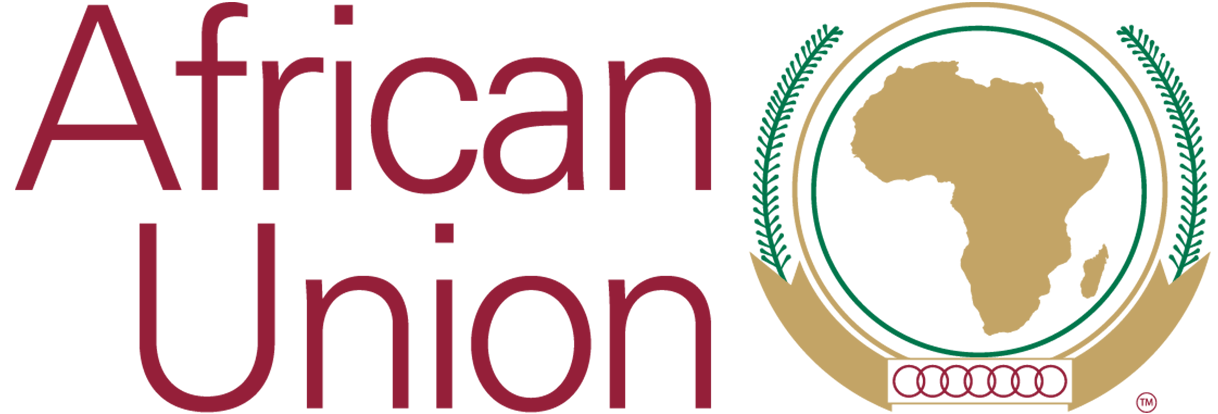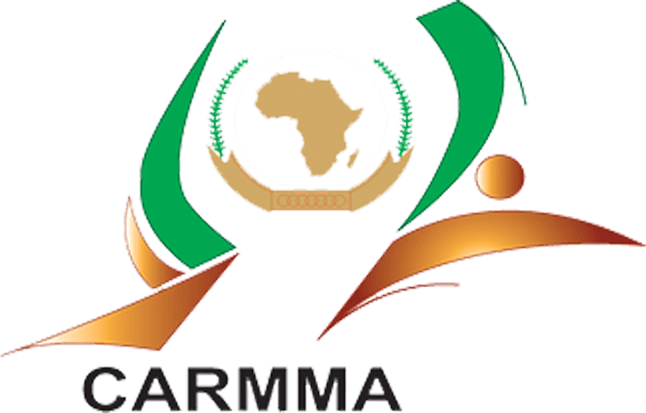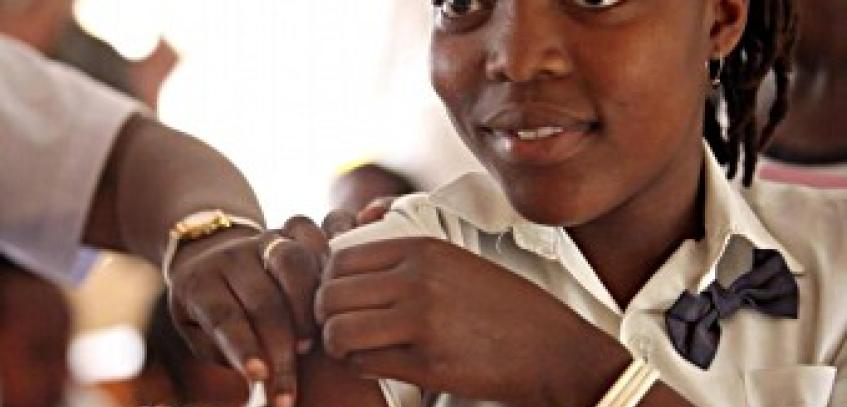Human papillomavirus (HPV) is the most common sexually transmitted infections. Globally, the prevalence of HPV infection is estimated at 11–12%; however, in Africa, the estimate is substantially higher at 24%. African countries carry the most significant burden of cervical cancer worldwide. Vaccination against HPV remains limited in Africa despite the continent's high burden of cervical cancer. According to the HPV Information Centre, each year in Africa, over 119,000 women are diagnosed with cervical cancer and over 81,000 die of the disease.
HPV vaccine and screening have proved to be the highly effective primary and secondary preventive measures, presenting an opportunity to reduce the burden of cervical cancers in Africa. Immunizing girls before initiation of sexual activity and exposure to HPV infection is critical in preventing cervical cancer. The World Health Organization (WHO) recommends two doses of HPV vaccine for girls aged 9-13 years to reduce the future long-term burden of cervical cancer. Safe and effective HPV vaccines can prevent up to 90% of all cervical cancer cases
Less than 30% of low to medium-income countries implemented national HPV vaccination programs compared to over 80% of high-income countries by May 2020 (2). Rwanda became the first African country to introduce the HPV vaccine in 2011 and has achieved a 98.7% vaccination rate with its school-based effort for sixth-grade girls and outreach for girls not in school. In 2015, Uganda followed with a school-based vaccination program. In 2018, Senegal became the first West African country to introduce the HPV vaccine into its national immunization program with financial support from the Global Alliance for Vaccines and Immunization (GAVI). Several African countries are now eligible for GAVI, the vaccine alliance support for vaccine introduction.
The African Union Maputo Plan of Action called for the health system to function by optimizing and improving human resources for Reproductive, Maternal, Neonatal, Child, and Adolescent Health (RMNCAH) through expanding access to immunization. The African Union Commission responds to this call through the Campaign on Accelerated Reduction of Maternal Mortality in Africa (CARMMA), which serves as a useful platform for improving the health of women, children, and adolescents, including for vaccine-preventable diseases.
While some African countries are progressing with HPV vaccination, a second HPV dose coverage has been more of a challenge for many African countries. The CARMMA-Plus (2021-2030), a re-strengthening campaign of CARMMA, will build and continue to work with the member states, with the support of key partners such as GAVI, to facilitate introductions and scale-up of HPV vaccines. African Union member states have varied approaches to introducing or scaling up HPV vaccinations. Some strategies that have been demonstrated to work include scale-up of HPV vaccination among eligible adolescent girls in reaching out to school marginalized girls, strengthening in-school vaccination programs, and promoting the integration of HPV vaccination with other adolescent health services. GAVI has been advocating for adolescent health stakeholders to be involved in the HPV demonstration program from the onset to learn how HPV vaccines can be integrated into existing teenage health services. It is now the time for African member states to take advantage of the new learnings of the COVID-19 pandemic to support the introduction and scale-up of the HPV vaccine and any other vaccines that will be deemed of public health significance from to time. Our leaders' primary responsibility is to protect the next generation from vaccine-preventable diseases, including cervical cancer.
Africa Union Heads of States and Government in 2017 called on member states to 'mount strong advocacy campaigns to achieve the Global Vaccine Action Plan goals and overall, Health Care System Delivery; "Universal Access to Immunization as a cornerstone for Health and Development in Africa".








